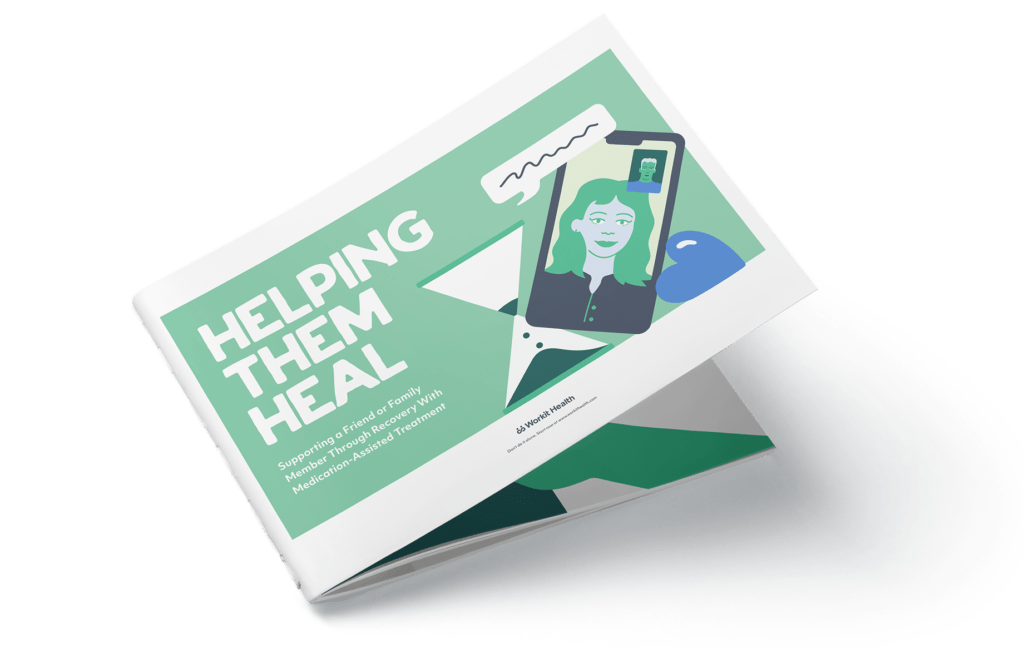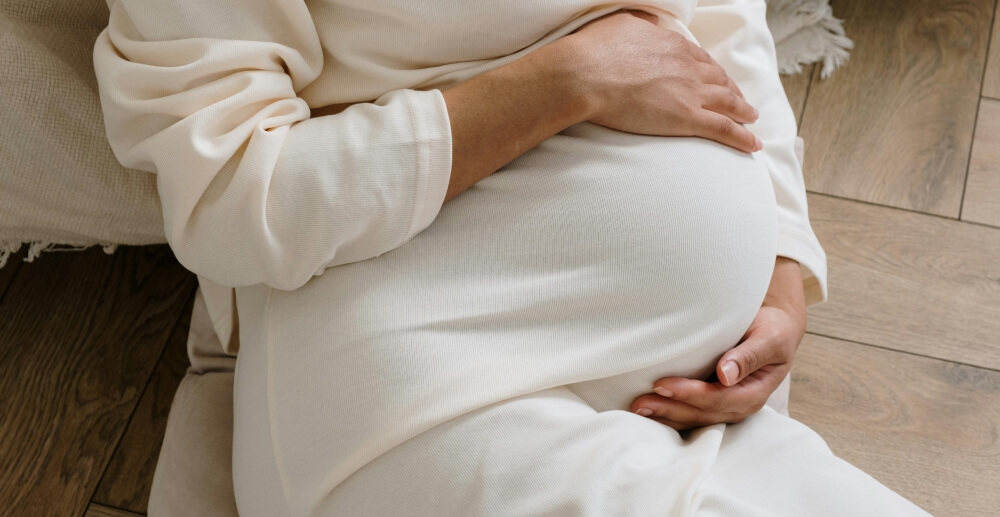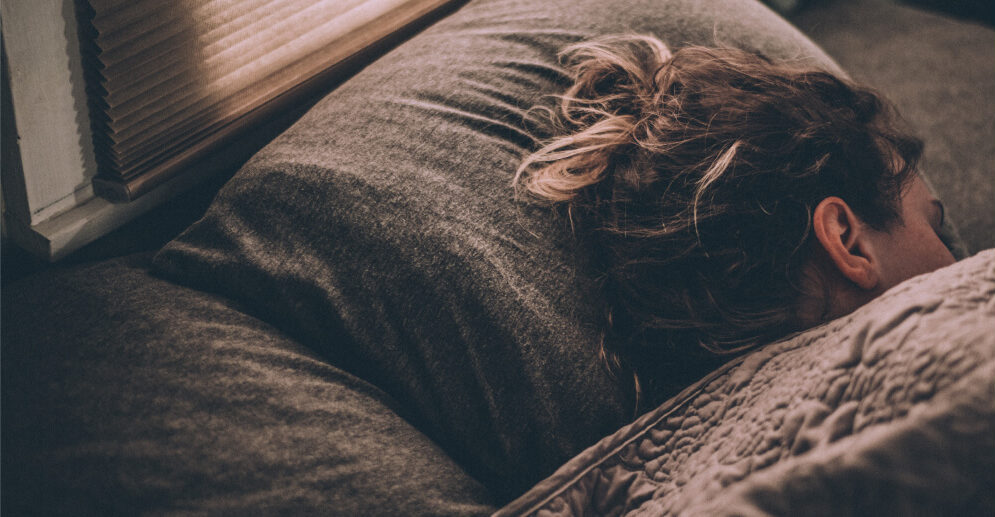Is it possible to quit drugs or drinking without the help of rehab or 12-step groups?
When you think about getting sober, or are trying to help someone wanting to get sober, Alcoholics Anonymous (AA) often springs to mind as a trusted means of recovery. Yet recent evidence suggests that less than 50 percent of people use that method of recovery today. What’s more, some people recover with no method at all—contrary to popular belief. A recent study examining the pathways of recovery shatters the myth that you need to maintain a program of recovery to stay sober.
So what if AA doesn’t appeal to you? Or it doesn’t feel right? And what if in-person mutual support meetings (Refuge Recovery, LifeRing, SMART AA, NA) are not accessible to you? Well, these are not the only means to recover—there are a whole range of resources available to you. It is possible to get sober on your own and learn how to get sober at home.
A recent study (2018) conducted by Dr. John Kelly—Associate Professor of Psychiatry in the Field of Addiction Medicine at Harvard Medical School & the founder and Director of the Recovery Research Institute at Massachusetts General Hospital—revealed that 9.1 percent of the population had resolved alcohol and other drug problems (AOD) and approximately 50 percent of those people recovered without a specific method, i.e. naturally recovered. “Tens of millions of Americans have successfully resolved an AOD problem using a variety of traditional and non-traditional means. Findings suggest a need for a broadening of the menu of self-change and community-based options that can facilitate and support long-term AOD problem resolution.” the study concluded.
“If I had one message for someone looking to get sober, I would tell them: there is no one way to recover.”
And that is what appears to be happening: we are seeing a huge growth in non-traditional means of recovery—particularly online. Never before have we felt a sense of resources at our fingertips—you just need to pick up your phone. It’s the middle of the night, but you can contact someone across the world at an instant for support—that’s not always the case with a meeting. There are also online resources, schools, programs, all dedicated to helping you get sober. Here are a few I have listed:
Online programs:
Support groups:
-
In The Rooms (who also do online meetings)
-
Reddit Stop Drinking
Resources of how people got sober:
-
Liv’s Recovery Kitchen
-
The Sobriety Collective
Please note: I’d be here all day if I listed them all.
What’s key to know is that there are nearly as many pathways to recover as there are people. In that respect a good summary is provided by Choices in Recovery, who educate professionals and the public about the many pathways available and empowering them to choose the pathway that works for them. You can find out more here.
Moving on to recovering without a program. When I first heard that a few years ago, I thought those people were crazy—it went against all of the conditioning I’d heard in AA: that you have to work a program to maintain recovery. I have lost count of the amount of times I have heard that not working a program would ultimately lead to relapse. And it’s completely untrue. It was only when I was four years into recovery that I began to self-direct my recovery and my life has blossomed as a result.
“Self-directed recovery enables you to design a plan of recovery that takes account of your individual needs and goals.”
Self-directed recovery enables you to design a plan of recovery that takes account of your individual needs and goals. It was so empowering to finally be able to think for myself—to not adhere to these set out rules that I can’t relate to and that only induce fear and direct my behavior. I was sick to the stomach of looking at myself as defective. I didn’t want to define myself by my past either. I wanted to learn how to quieten my mind, how to live my life free from shame and with love and self-compassion. I needed purpose and meaning in life and I set about finding it. Sitting in a room listening to sad stories, or reading a book from the 1940s, wasn’t part of my self-directed recovery and took away from my purpose in life. The traditional modalities didn’t represent that blueprint, so I moved on.
Today I have meaning and purpose in my everyday life which is more fulfilling, including writing, expressing myself, living well, eating well, and having meaningful relationships. For support, I look to the online recovery community, I have regular therapy, and I attend the occasional meditation groups and Refuge Recovery.
If I had one message for someone looking to get sober, I would tell them: there is no one way to recover. You have the power to direct your own recovery in a way that fits your individual needs, sobriety goals, and lifestyle. You do not need to confine yourself to someone else’s ideal of what recovery looks like.





